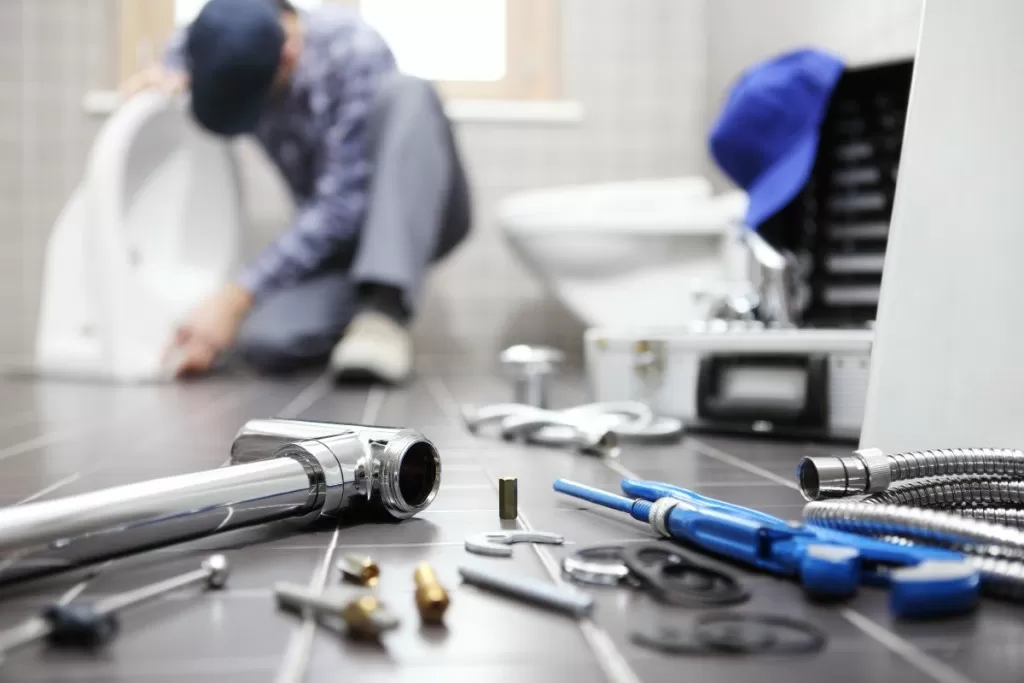What Does Home Warranty Cover? A Comprehensive Guide for Homeowners
Buying a new home is an exciting and significant investment. After months of searching, negotiating, and paperwork, you finally have the keys to your dream home. However, as a homeowner, it’s essential to protect your investment and be prepared for any unexpected expenses that may arise.
This is where a home warranty comes into play. It is a service contract that covers the repair or replacement of your home’s major systems and appliances due to normal wear and tear. But what exactly does a home warranty cover? In this guide, we will walk you through the essentials of a home warranty, so you can decide if it’s the right safeguard for your new home.
1. HVAC Systems
Your home’s heating, ventilation, and air conditioning (HVAC) system is a crucial aspect of your home’s comfort. It includes your furnace, central air conditioner, ductwork, and thermostat. A home warranty typically covers the repair or replacement of these components in case of a breakdown.
In most cases, a home warranty covers repairs and replacements due to normal wear and tear. However, it’s essential to read the terms and conditions of your warranty carefully, as some may have limitations on the age and condition of your HVAC system. For instance, if your HVAC system is over ten years old, it may not be covered under the warranty.
2. Kitchen Appliances
Your kitchen is the heart of your home, and it’s where you prepare meals and spend quality time with your loved ones. However, kitchen appliances are susceptible to wear and tear, and even the most high-end appliances can break down unexpectedly.
A home warranty typically covers kitchen appliances such as refrigerators, stoves, ovens, microwaves, dishwashers, and garbage disposals. However, just like with HVAC systems, there may be limitations on the age and condition of the appliances. It’s crucial to read your warranty carefully and understand what is covered and what is not.
3. Plumbing
Plumbing issues can be a homeowner’s worst nightmare. From leaky faucets to clogged drains, these issues can disrupt your daily routine and cause significant damage if left untreated. That’s why having a home warranty that covers your home’s plumbing system can give you peace of mind.
A home warranty typically covers repairs or replacements of your home’s plumbing system, including pipes, drains, toilets, and faucets. However, just like with other components, there may be limitations on the age and condition of the plumbing system.
4. Electrical Components
Your home’s electrical system plays a vital role in powering your home and keeping it running smoothly. However, just like any other system, it can experience wear and tear and require repairs or replacements.
A home warranty typically covers repairs or replacements of your home’s electrical components, including wiring, outlets, and circuit breakers. Most warranties also cover issues with the doorbell, ceiling fans, and garage door openers. It’s essential to read your warranty carefully to understand what is covered and what is not.
5. Additional Coverage
Apart from the major systems and appliances mentioned above, some home warranties also offer additional coverage for other home components. These may include roof leaks, septic system, pool and spa, and even termite treatment. It’s crucial to do your research and choose a home warranty that best suits your needs and covers all the essential aspects of your home.
Is a Home Warranty Worth It?
Now that you understand what a home warranty covers let’s address the elephant in the room – is it worth it? The answer to this question depends on your specific situation and needs as a homeowner.
A home warranty can be a great safeguard, especially for new homeowners who may not have a lot of experience with home maintenance and repairs. It can also be beneficial for homeowners with older homes and appliances that may require frequent repairs.
Additionally, a home warranty can save you money in the long run. Instead of paying for expensive repairs or replacements out of pocket, you can simply pay a service fee (usually around $75) and have the issue taken care of by a qualified technician.
However, it’s essential to note that a home warranty is not a substitute for homeowner’s insurance. Homeowner’s insurance covers damages caused by unexpected events such as natural disasters or theft, while a home warranty covers repairs and replacements due to normal wear and tear.
In conclusion, a home warranty can provide homeowners with peace of mind and financial

